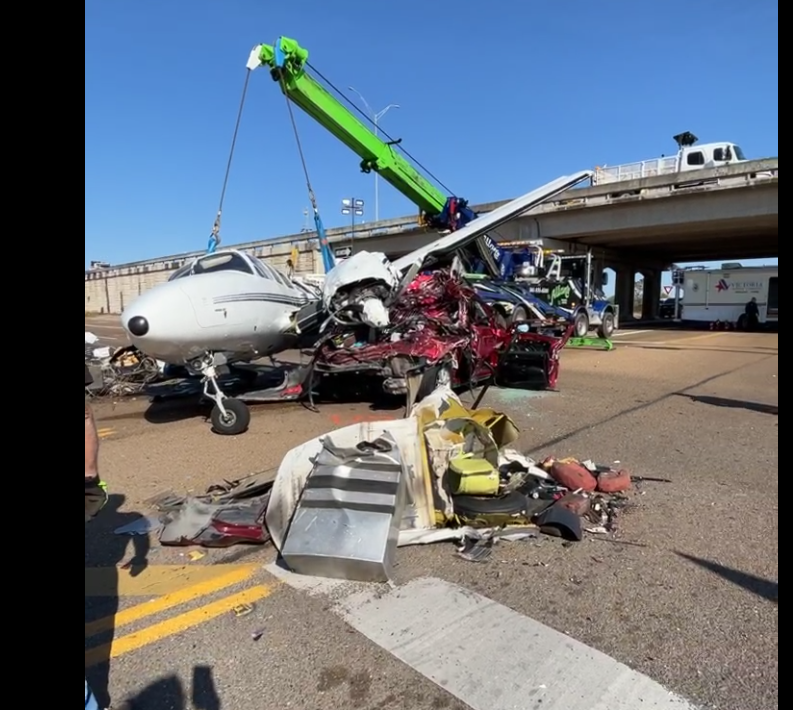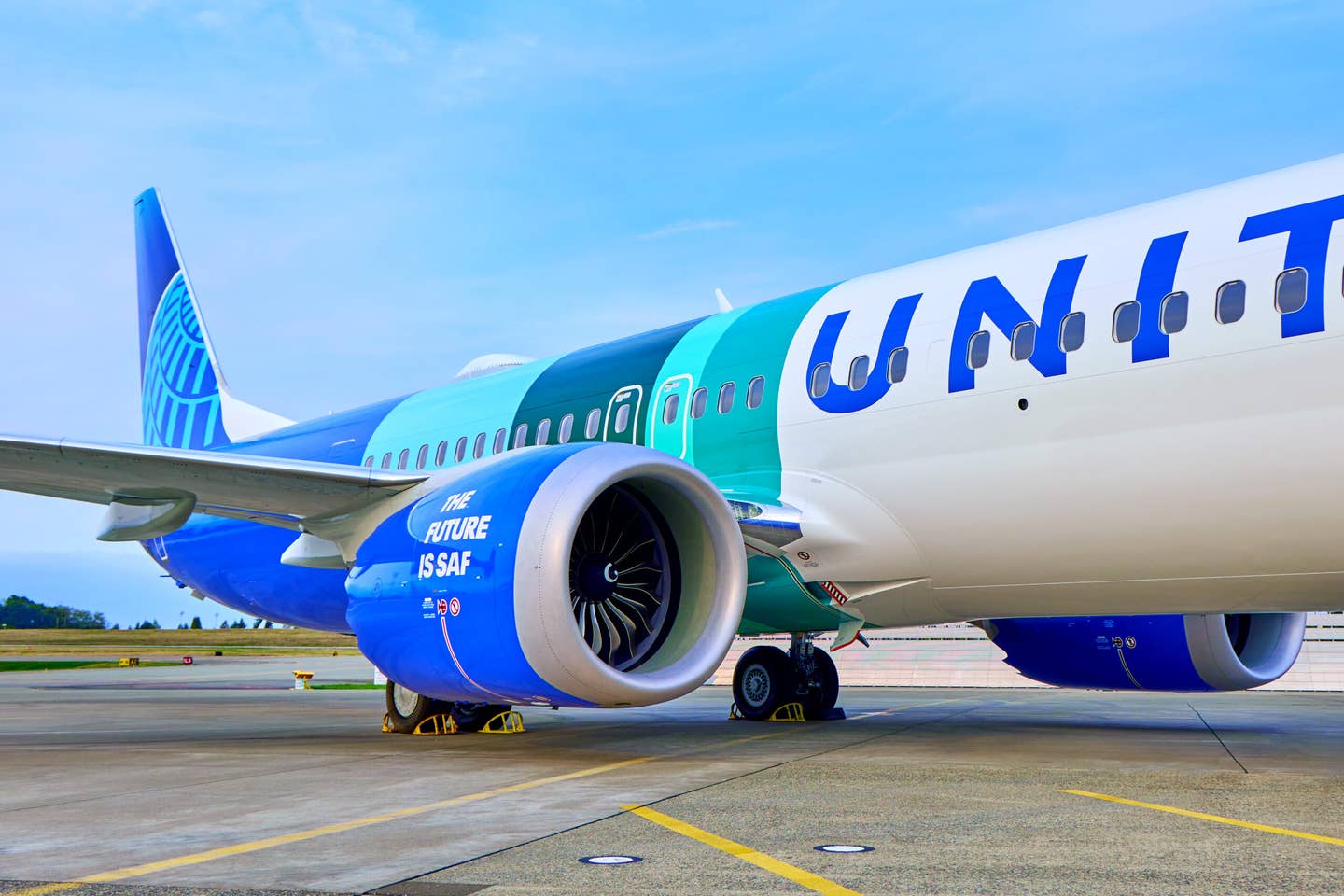Third-Class Medical Relief: Finally
Here’s hoping it offers the industry the stimulus we’ve all been wishing for.
So now it's finally reality. The Third-Class medical exemption is a real thing, or at least it will be in May. Oddly, I am underwhelmed; like winning the lottery and learning that money can't buy happiness. (OK, but all the same, I'd like a new TBM.)
I think I'm not alone in this sentiment, yet all the while feeling genuinely relieved that we've managed to eliminate a stifling regulation that had no measurable effect on either flight safety or the innocent ground-dwelling public. My reaction to this change—which is the biggest aeromedical regulatory shift in our lifetimes—is likely colored by the fact that we've been writing horse race stories about this law for five years. Whether intended or not, the coverage sustained the idea that once we got past this barrier, we would, at last, emerge into the sun-dappled uplands.
I'm not gonna be a buzzkill right out of the gate. We'll just have to see what effect this has on the broad sweep of general aviation's rocky fortunes. So I'll just see if I can scope it down to my own pedestrian interests since, last time I checked, the world still revolves around me.
I was talking to longtime senior AME Ian Blair Fries Tuesday afternoon and I realized the Third-Class exemption does change my attitude slightly. Like most pilots my age, I sweat the medical, but I'm healthy and pretty confident I could maintain a Third Class for another decade or so. Not having to sweat it strikes me as a welcome option. But is it one that would encourage me to buy an airplane? Well, perhaps. But the reason I haven't bought anything significant has less to do with the medical than how I choose to spend my money.
Airplanes are many things to many people, but in addition to being magically romantic, they are also inordinate consumers of wealth. Depending on the airplane, they can be downright threatening to the finances if an unplanned engine overhaul is required, or you find a spar corroded beyond repair or you hit that inevitable annual from hell. That's why I've always owned airplanes in partnerships or clubs. I want others to share the burden (and value) of ownership of an expensive asset that's used for 1 percent of a year, if you're lucky.
I suspect that attitudes toward owning and flying occupy a continuum. At one end are the skin flints like me, at the opposite are pilots who would spend any amount of money to have unfettered access to an airplane. Between the poles lie the vast majority and I'm hoping that enough of them are medical fence sitters to benefit from this regulatory nudge.
Actually, that's the wrong word. It's more like a carrot that fell off the stick. It's a big change and it may be possible to overestimate its effect just as easily as expecting little or nothing at all. We will see in the next year or two.
But look at it this way: If all that's accomplished is ridding the world of one stupid rule that, despite a mountain of evidence, shows a complete lack of efficacy, we have prevailed in the good fight. And if one rule can fall, so can others. That's reason enough to celebrate.Now where did I put that crack pipe?






